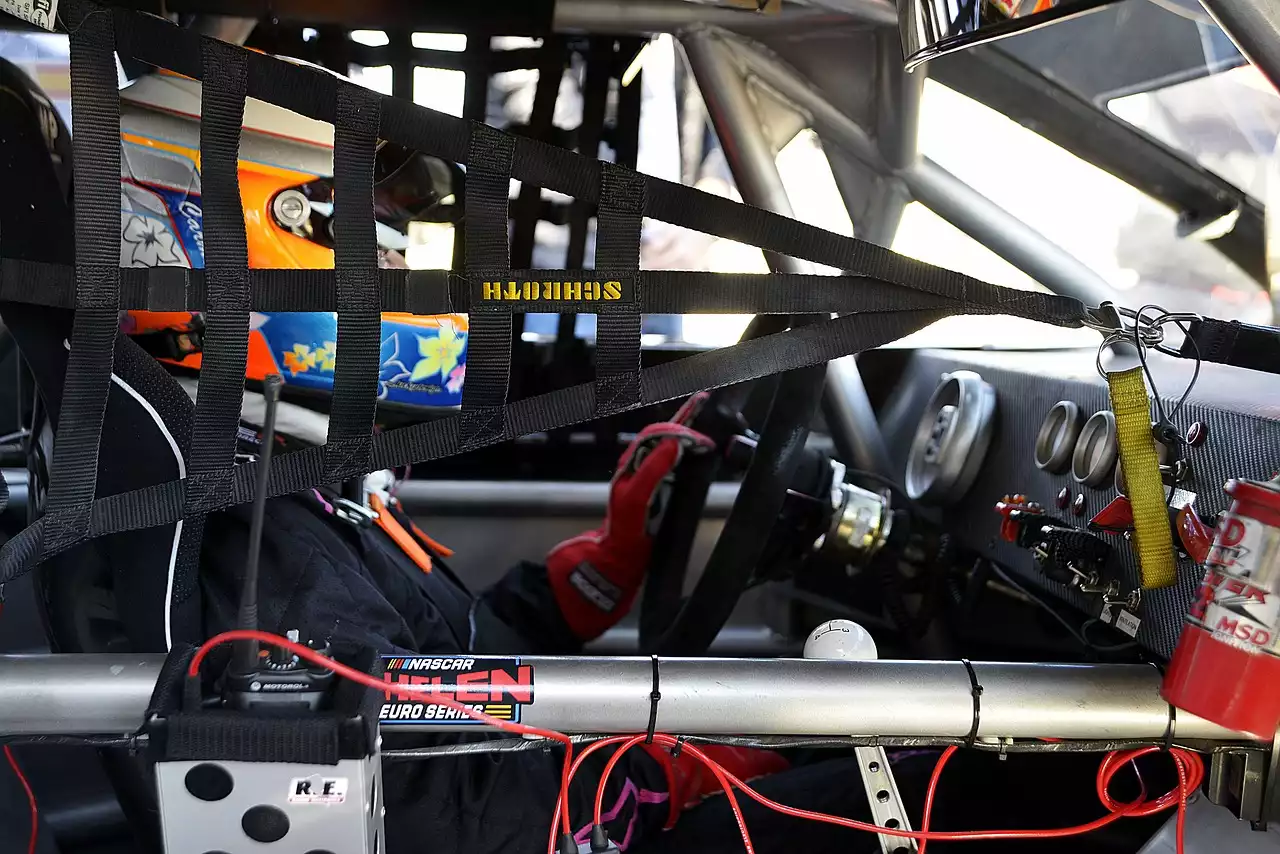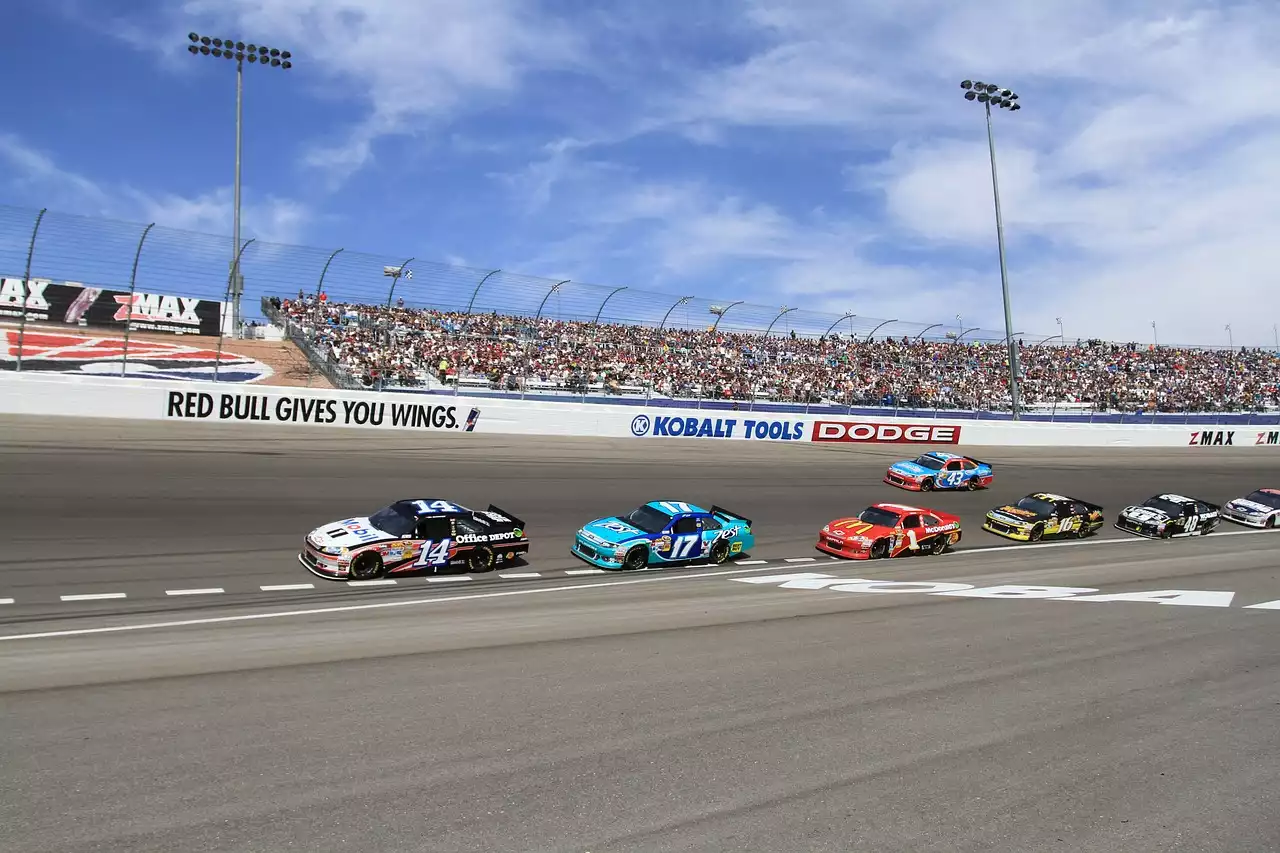History of the NASCAR Playoff System
Before the introduction of the NASCAR playoff system, the championship was determined by the driver with the most points at the end of the season. This system was in place for over 30 years, but it had its flaws. For example, drivers could build up an insurmountable lead early in the season, making the rest of the races irrelevant. Additionally, if a driver suffered a DNF (Did Not Finish) in one race, it would have a significant impact on their chances of winning the championship.
In 2004, NASCAR introduced the playoff system, which was designed to add excitement to the end of the season and give drivers who had struggled early in the year a chance to compete for the championship. The system was initially called the Chase for the Cup, and it included ten drivers who qualified based on their performance during the regular season.
Over the years, the playoff system has undergone several changes, including the number of drivers who qualify and the format of the races. In 2017, the system was renamed the NASCAR Cup Series Playoffs, and it currently features 16 drivers who compete in a series of elimination races to determine the champion.
How the NASCAR Playoff System Works
The NASCAR playoff system consists of three rounds, with four races in each round. The first round is known as the Round of 16, and it includes the top 16 drivers in the regular season standings. The drivers who finish in the top 12 in each of the first three races of the round advance to the next round, while the four drivers with the lowest point totals are eliminated.
The second round is known as the Round of 12, and it includes the drivers who advanced from the first round. The top eight drivers in each of the first three races of the round advance to the next round, while the four drivers with the lowest point totals are eliminated.
The third and final round is known as the Round of 8, and it includes the drivers who advanced from the second round. The top four drivers in each of the first three races of the round advance to the championship race at the end of the season, while the four drivers with the lowest point totals are eliminated.
At the championship race, the four remaining drivers compete in a winner-takes-all race, with the driver who finishes ahead of the other three drivers crowned as the champion.
Points System in the NASCAR Playoff System
The points system for the NASCAR playoff system is different from the regular season points system. During the regular season, drivers earn points based on their finishing position in each race, with the winner earning 40 points, the second-place driver earning 35 points, and so on.
During the playoffs, drivers earn bonus points based on their performance in the regular season. The driver who finishes first in the regular season standings earns 15 bonus points, while the driver who finishes second earns 10 bonus points. Additionally, drivers earn bonus points for winning races during the regular season, with each win earning them five bonus points.
During the playoffs, drivers earn five bonus points for each race win. Additionally, the driver who finishes first in each race earns 40 points, the second-place driver earns 35 points, and so on.
Who Qualifies for the NASCAR Playoffs
The top 16 drivers in the regular season standings qualify for the NASCAR playoffs. If there are fewer than 16 winners during the regular season, the remaining spots are filled by the drivers with the most points.
If a driver is ineligible for the playoffs due to a rules violation or a medical condition, their spot is filled by the next driver in the standings.
Advantages of the NASCAR Playoff System
One of the primary advantages of the NASCAR playoff system is that it adds excitement to the end of the season. With the elimination races in each round, drivers who may have struggled early in the year still have a chance to compete for the championship.
Additionally, the playoff system has helped to increase television ratings and attendance at races. Fans are more likely to tune in to a race if there is a championship on the line, and the elimination races in each round add drama and suspense to the proceedings.
Disadvantages of the NASCAR Playoff System
One of the main criticisms of the NASCAR playoff system is that it devalues the regular season. Because the playoffs are the only thing that matters when it comes to determining the champion, some argue that the regular season is essentially meaningless.
Additionally, the playoff system has been criticized for being too gimmicky. With the elimination races and winner-takes-all championship race, some argue that the system is more about creating drama than it is about determining the best driver over the course of the season.
Who Benefits from the NASCAR Playoff System
The NASCAR playoff system benefits drivers who may have struggled early in the year but are able to turn things around during the playoffs. Additionally, the system rewards drivers who perform well in the elimination races, as each race win earns them five bonus points.
The playoff system also benefits NASCAR as a whole, as it helps to generate excitement and interest in the sport. With the playoffs, NASCAR is able to create a championship race that is similar to the Super Bowl or World Series, which helps to increase the sport's exposure and popularity.
Criticism of the NASCAR Playoff System
Despite its many advantages, the NASCAR playoff system has its critics. Some argue that the elimination races can be unfair, as a driver who has a mechanical issue or gets caught up in an accident can be eliminated from the playoffs even if they had been a strong contender all season.
Additionally, some argue that the playoff system can be confusing for fans who are not familiar with the sport. With the changing format and rules, it can be difficult for casual fans to understand how the playoffs work and who is in contention for the championship.
Overall, the NASCAR playoff system has been a positive development for the sport. It has helped to generate excitement and interest in NASCAR, and it has given drivers who may have struggled early in the year a chance to compete for the championship. While it is not without its flaws and criticisms, the playoff system is an integral part of NASCAR and will likely continue to be for years to come.








